Crime & Punishment 3-Pack
3 CDs
Includes:
Race & Caste in the U.S.
A string of shootings of young African Americans has generated national and international attention. While these killings are nothing new, the proliferation of cell phones, cameras and social media has raised public awareness of police brutality. Systemic questions are being asked. What is the role of racism? The numbers are depressingly familiar. The United States has the largest prison population in the world. Blacks are more likely to go to jail than to college. The Sentencing Project reports, “Once arrested, they are more likely to be convicted; and once convicted, they are more likely to face stiff sentences.” Outside the prison walls is an economy that cannot generate jobs paying decent wages. Affordable housing? What’s that? Programs alleviating poverty are cut back and simultaneously the coercive functions of the state are beefed up. Local police are armed to the teeth with the latest weapons while underfunded schools are crumbling.
Abolition Democracy
In American history the abolitionists fought to end slavery, lynching, and segregation. In our current times, one of the greatest challenges in the work to dismantle such repressive institutions is racism, morphed and hidden within all levels of governmental structures. The U.S. now has the largest prison population in the world. 70% of its more than 2 million inmates are poor people of color. As profits from the punishment industry increase, employment opportunities decrease and funding for education, housing, mental health, and drug treatment programs are drastically cut. As the race to the death penalty accelerates, images from Guantanamo Bay and Abu Ghraib reveal the global impact of U.S. crime policy.
Recorded at the First Congregational Church.
Crime and Punishment in Black America
Critics of the U.S. criminal justice system such as Michelle Alexander and Bryan Stevenson have assailed the rise of mass incarceration with its disproportionate impact on people of color. The war on crime that began in the 1970s was supported by many African American leaders in the nation’s urban centers. The first substantial cohort of black mayors, judges, and police chiefs took office amid a surge in crime and drug addiction. Many prominent black officials, including federal prosecutor Eric Holder, feared that the gains of the civil rights movement were being undermined by lawlessness. They thus embraced tough-on-crime measures, including mandatory sentencing and aggressive police tactics and what Angela Davis called, the prison-industrial complex. In the face of skyrocketing murder rates and the proliferation of open-air drug markets, African-American officials and community leaders believed they had no choice. But the policies they adopted would have devastating consequences for residents of poor black neighborhoods.
Speakers
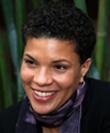
Michelle Alexander
Michelle Alexander is a professor of law at Ohio State University and holds a joint appointment at the Kirwan Institute for the Study of Race and Ethnicity. Formerly the director of the ACLU’s Racial Justice Project in Northern California, she served as a law clerk for U.S. Supreme Court Justice Harry A. Blackmun. She is the author of the bestseller The New Jim Crow.

Angela Davis
Angela Davis is one of the iconic figures of this era. Acquitted on conspiracy charges in 1970, after one of the most famous trials in U.S. history, she went on to become an internationally renowned writer, scholar, and lecturer. She is professor emerita at the University of California at Santa Cruz. She has been at the forefront of the movement focusing on the prison industrial complex and its intersection with race, class and gender. She is the author of many books including Women, Race and Class, Blues Legacies and Black Feminism, Abolition Democracy, and Freedom is a Constant Struggle.
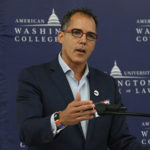



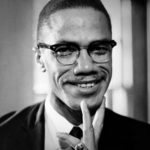
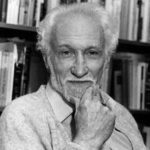
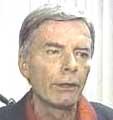
Reviews
There are no reviews yet.